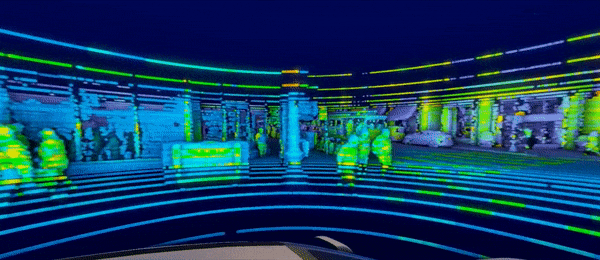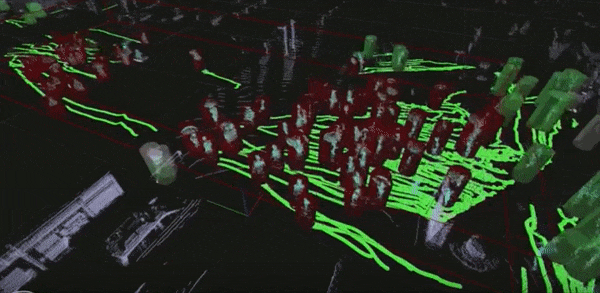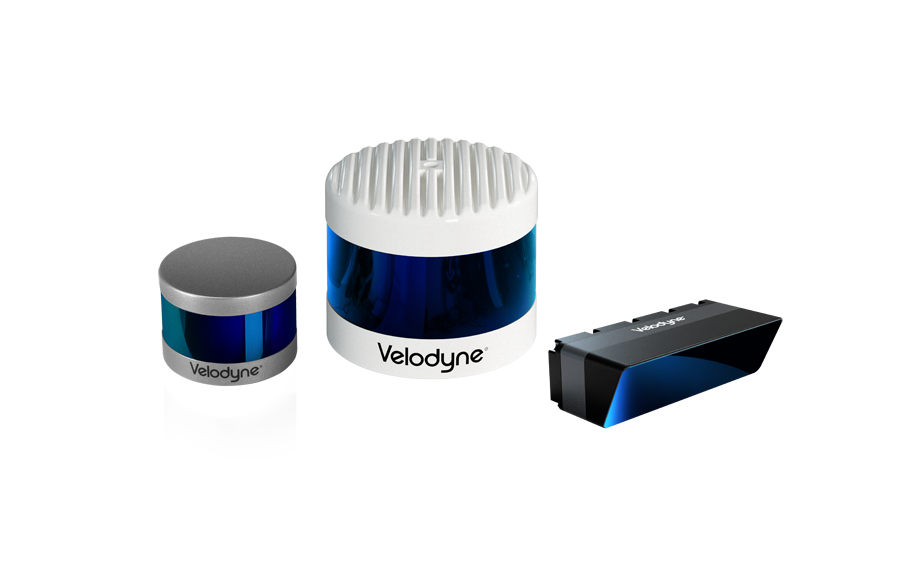
Cities are embracing smart city technologies and their resulting data to power a range of solutions that address challenges like pedestrian safety, queue management, vehicle traffic management and more.
As cities increase their abilities to use and target data, concerns and demands for data protection and privacy will surely grow, wrote Smart Cities Dive. In that article, Chris Camacho, President and CEO of the Greater Phoenix Economic Council, said one common concern and point of feedback his organization received is “the importance of data privacy and a desire to ensure that information provided to cities is protected.”
Privacy Concerns and Initiatives
Several smart city programs have sparked controversy over data use and collection.
For example, a watchdog group called San Diegans for Open Government has sued the city of San Diego for not releasing data collected through its Smart Street Lights Program, which has camera-based sensors that gather a wide range of information, including pedestrian and traffic movements, and also record video that police say they have used to solve violent crimes, reported The San Diego Union-Tribune.
Although the benefits of facial recognition technology often are aimed at improving the safety of communities, the risk of privacy abuse and data misuse are ever-present and little regulation is in place to protect the public. These concerns have spurred cities around the world to take action and protect privacy above all else. For instance, San Francisco passed the first ban in the United States on the use of facial recognition technology by city officials and police because of the privacy and civil rights concerns. Oakland, Berkeley and Somerville, Mass. are among the municipalities that followed suit and passed their own bans, noted Smart Cities Dive.
The European Union is now considering a five-year ban on the use of facial recognition in public spaces, so that regulators can study and regulate its use, as reported by the BBC.

Lidar Steps Forward
With these growing privacy concerns related to camera-based smart city applications, lidar technology is primed to play an increasingly important role in data collection in smart city applications.
Lidar delivers superior tracking of pedestrians, vehicles and bicycles in crowded environments along with the high-grade reliability needed for smart city solutions. However, lidar used today does not allow for facial recognition. That means a smart city application that utilizes current lidar technology can preserve trust and anonymity among the public. Lidar can accomplish this while still producing the data needed to enable smart lighting solutions, smart cross walk solutions, traffic monitoring programs and much more!
Smart city applications are poised to help municipal governments to create more livable, responsive environments for their citizens. By including lidar in those applications, they can also safeguard privacy.

Velodyne Lidar (Nasdaq: VLDR, VLDRW) ushered in a new era of autonomous technology with the invention of real-time surround view lidar sensors. Velodyne, a global leader in lidar, is known for its broad portfolio of breakthrough lidar technologies. Velodyne’s revolutionary sensor and software solutions provide flexibility, quality and performance to meet the needs of a wide range of industries, including robotics, industrial, intelligent infrastructure, autonomous vehicles and advanced driver assistance systems (ADAS). Through continuous innovation, Velodyne strives to transform lives and communities by advancing safer mobility for all.